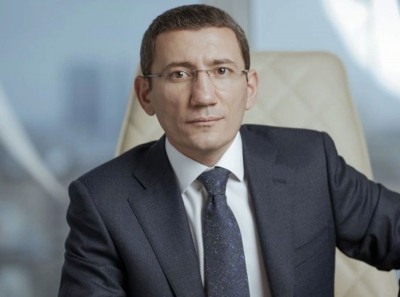Osabarimba Kwesi Atta II is a prominent figure in the traditional leadership of the Fante people of Ghana. Born into a lineage of respected leaders, he has become a symbol of continuity and progress within his community.
Osabarimba Kwesi Atta II
Early Life and Education:
Osabarimba Kwesi Atta II was born into the royal family of the Fante people in Ghana. From a young age, he was immersed in the traditions and customs of his people, learning the intricacies of leadership and governance. His upbringing instilled in him a deep sense of responsibility towards his community and its heritage.
After completing his early education, Osabarimba Kwesi Atta II pursued further studies in both traditional Fante culture and modern governance. He understood the importance of blending traditional wisdom with contemporary knowledge to effectively lead his people into the future.
Leadership and Contributions:
Upon assuming leadership, Osabarimba Kwesi Atta II embarked on a mission to preserve and promote Fante culture and traditions in the face of modernization. He recognized the value of these customs in shaping the identity of his people and sought to ensure their preservation for future generations.
Under his leadership, initiatives were launched to document and safeguard traditional Fante practices, including language, music, dance, and storytelling. Osabarimba Kwesi Atta II also worked to strengthen ties between the Fante community and other ethnic groups in Ghana, fostering unity and mutual understanding.
In addition to his efforts in cultural preservation, Osabarimba Kwesi Atta II has been a vocal advocate for the socio-economic development of his people. He has championed initiatives aimed at improving education, healthcare, and infrastructure in Fante communities, striving to enhance the quality of life for all residents.
Recognition and Legacy:
Osabarimba Kwesi Atta II's dedication to his people and his tireless efforts in preserving Fante culture have earned him widespread respect and admiration both within Ghana and beyond. He is seen as a unifying figure and a source of inspiration for those working towards the advancement of traditional values in a rapidly changing world.
His legacy serves as a reminder of the importance of honoring and preserving cultural heritage, even in the face of modernization and globalization. Through his leadership, Osabarimba Kwesi Atta II has ensured that the rich tapestry of Fante culture continues to thrive and flourish for generations to come.
Certainly, here are the conclusions:
Conclusions: Osabarimba Kwesi Atta II
Osabarimba Kwesi Atta II emerges as a pivotal figure in the preservation and advancement of Fante culture and tradition in Ghana. Through his leadership, he has demonstrated a deep commitment to safeguarding the heritage of his people while also advocating for their socio-economic development.
His efforts in documenting and promoting traditional Fante practices underscore his dedication to preserving the unique identity of his community amidst the forces of globalization and modernization. Moreover, his initiatives aimed at improving education, healthcare, and infrastructure highlight his holistic approach to addressing the needs of his people.
Osabarimba Kwesi Atta II's legacy transcends his role as a traditional leader; he is a symbol of unity, progress, and resilience within the Fante community and beyond. His leadership serves as a beacon of inspiration for those who seek to balance tradition with modernity, emphasizing the importance of cultural preservation in an ever-changing world.
In conclusion, Osabarimba Kwesi Atta II's contributions have left an indelible mark on the cultural landscape of Ghana, ensuring that the rich heritage of the Fante people endures for generations to come.
As of my last update, there might not be specific books, movies, or TV shows that directly mention Osabarimba Kwesi Atta II. However, he may be referenced in documentaries, academic works, or cultural studies focusing on Ghanaian culture, traditional leadership, or the Fante people. It's possible that his name or contributions could be featured in local Ghanaian media or publications discussing regional history and heritage.







